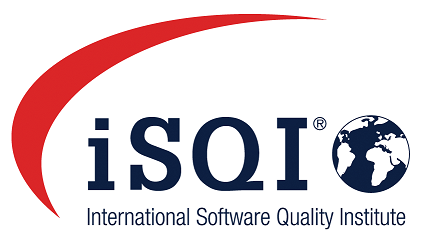
iSQI's CAT Certified Agile Tester®
Agile is flexible and adaptive with frequent feedback loops, far different from the traditional regimented methodologies. Agile testing is different, so we made iSQI´s CAT Certified Agile Tester® different. It centers on the most important element in agile projects: YOU!
During the four day training, you acquire all the skills required to test agile successfully. While theory about the Agile Manifesto, frameworks, processes and methods are essential to understand agility, iSQI´s CAT Certified Agile Tester® training takes you one step further. The key to success in agile projects relies heavily on individuals able to collaborate and self-manage. When strict guidelines and hierarchies are exchanged for a dynamic, communication-rich environment, a common language is vital.
This is why iSQI´s CAT Certified Agile Tester® certification provides you with all skills and competencies required to run agile projects efficiently. Focusing heavily on practical exercises and a hands-on approach iSQI´s CAT Certified Agile Tester® will provide you with the requisite know-how to succeed in any agile project.
- Test Design – EP / BVA / State Transition / Decision tables / Exploratory
- Basic Test Terminology
- understand the difference between functional and non-functional testing including the basic concepts of Performance and Usability testing
- performing all the activities associated with the fundamental test process
iSQI recommends the ISTQB® CT - FL training and certification program to prepare for iSQI's CAT Certified Agile Tester®
1) A soft skills assessment on capacity for teamwork (during the 4 training days)
2) A practical section where the examinee’s testing skills are put to the test (120 minutes)
3) An open questions exam to demonstrate profound theoretical knowledge (150 minutes)
30 minutes time extension for non-native speakers available on request, minimum score 65%
Business Outcomes
After the course, successful participants will be able to:
• understand the principles behind the agile approach to software development
• differentiate between the testing role in agile projects compared with the role of testers in non-agile projects
• positively contribute as an agile team member focused on testing
• appreciate the challenges and difficulties associated with the non-testing activities performed in an agile team
• demonstrate a range of soft skills required by agile team members